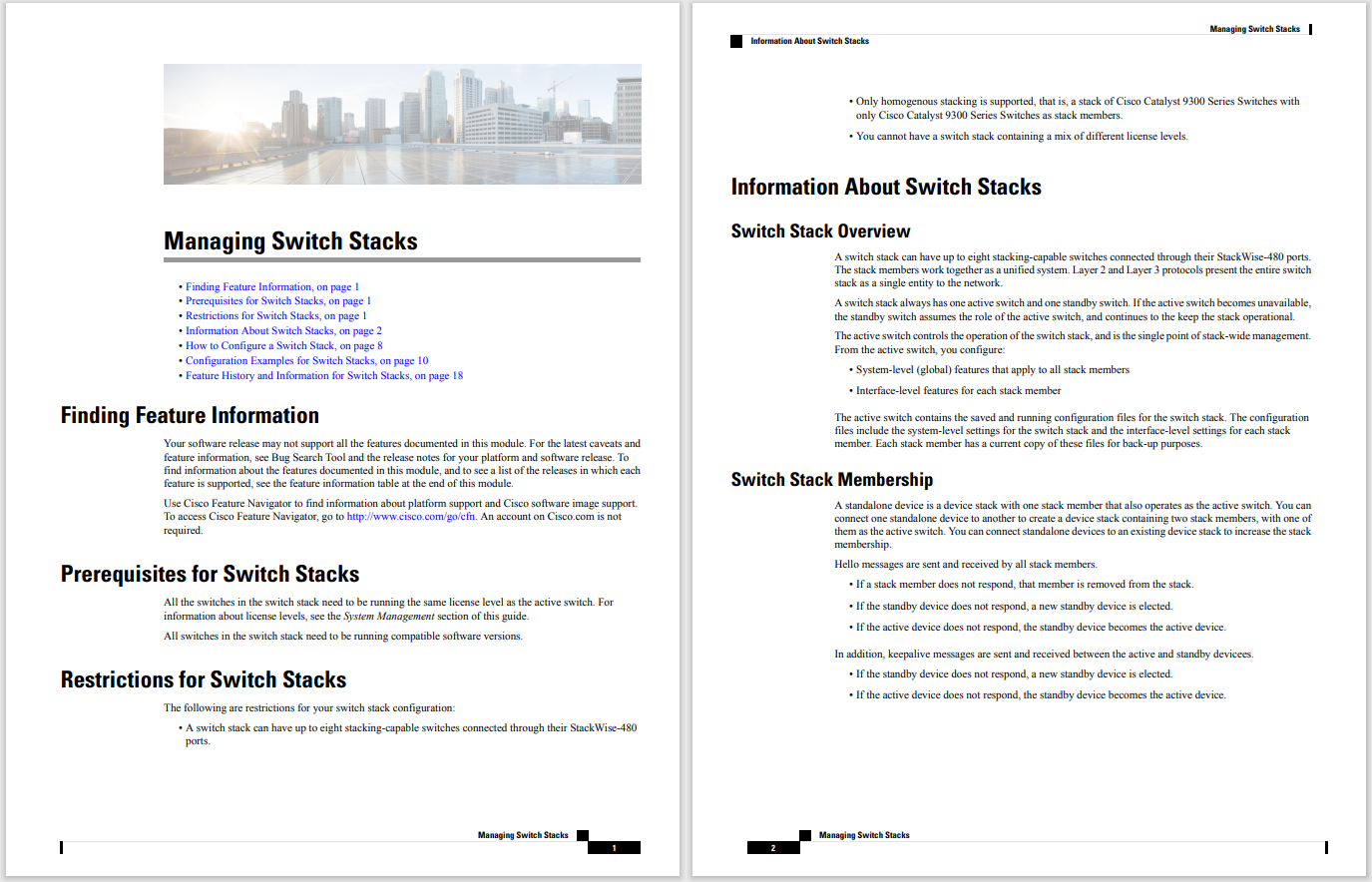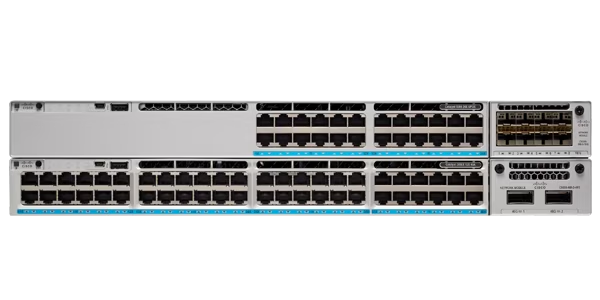































With the number of cybersecurity threats growing, cybersecurity professionals play an essential role in protecting networks and private data. That's why a growing number of organizations rely on cybersecurity professionals. Entry-level cybersecurity jobs pay high salaries with strong demand. Professionals with experience increase their salaries and responsibilities in diverse cybersecurity careers. While many employers prefer job candidates with a degree, cybersecurity bootcamps can also prepare learners for the job market.
Launching a successful cybersecurity career requires more than technical skills, however. Professionals also need soft skills, a strong resume, and clear career goals. This guide walks through how to get a job in cybersecurity.
Entry-level cybersecurity jobs help professionals gain experience and expand their resume. Many of these in-demand roles also lead to career advancement opportunities. After working as an information security analyst, security auditor, or penetration tester, experienced professionals move into higher paying roles with greater professional responsibilities.
Many cybersecurity careers offer advancement opportunities, above-average salaries, and strong demand. But what are the best careers with a cybersecurity degree?
Information security analysts rank among the top roles. These technology careers, which typically require less than five years of work experience, offer median salaries of more than$103,000 per year. The field also ranks among the fastest-growing occupations.
Other top careers include management-level roles like information security manager or chief information security officer. The median annual salary for computer and information systems managers exceeds$150,000 according to May 2020 data from the Bureau of Labor Statistics (BLS). These roles, which typically require cybersecurity experience, come with more responsibilities and decision-making duties.
What's the best way to get a job in cybersecurity? Prospective cybersecurity professionals need to expand their knowledge base, identify their career goals, and prepare for the job market. With a mix of training and experience, job applicants can land their first cybersecurity jobs or advance their career.
The cybersecurity field requires a well-rounded understanding of computer systems, networking, and programming languages. Before launching a cybersecurity career, professionals need to understand what is cybersecurityalong with key technical skills. Courses in computer science, information technology, and information assurance help learners build those skills.
Experienced cybersecurity professionals can also expand their horizons and add new skills to their tech stack. Learning new wireless technologies, practicing cryptography, and studying cloud computing all help current cybersecurity professionals advance.
This step also helps professionals identify their career goals. Entry-level incident responder jobs require different training and skills than cybersecurity manager roles.
After identifying cybersecurity goals, professionals must gain the baseline of knowledge and skills for the job market.
Most cybersecurity jobs require a bachelor's degree, while many supervisory and management roles require a master's degree. Learners who prefer a flexible option can pursue an online cybersecurity degree. A program accredited by the National Centers of Academic Excellence or the Accreditation Board for Engineering and Technology offers the greatest return on investment.
Outside of formal education, professionals can also enroll in a cybersecurity bootcamp to gain core skills. Short-term bootcamps, which often take 15-24 weeks, provide intensive training for specific career paths.
Cybersecurity professionals build their abilities gradually. That means starting small and seeing every opportunity as a chance to learn more.
At any point in their careers, cybersecurity professionals can learn new skills, improve from mistakes, and gain experience. In a problem-solving field like cybersecurity, every setback offers another chance to learn.
In addition to focusing on hard skills, cybersecurity professionals must also consider soft skills. Many cybersecurity careers require client interactions, making customer service skills key to success. Collaboration and communication also rank among the most important skills for tech professionals.
From their first days learning cybersecurity to their last promotions, cybersecurity professionals can learn new skills and take lessons from their setbacks.
A cybersecurity career can take professionals in many directions. Someone interested in algorithms for defense systems may also hold roles in cryptography or data science. A career in corporate security can lead to opportunities in the nonprofit sector. And an information technology specialist might swap IT security and cybersecurity.
Tech professionals often do not follow linear career paths. They may take lateral steps, move into different roles, or switch tracks completely. An openness to learning and new experiences serves professionals well. Alternative paths may look like detours, but they can also lead professionals to unexpected careers.
In a continually evolving field, cybersecurity professionals must learn new skills throughout their careers. Cybersecurity certifications demonstrate specialized abilities through certification. Unlike a degree or certificate, which includes coursework, cybersecurity certifications test candidates on their technical abilities.
Common cybersecurity certifications include:
Many certifications require 2-5 years of professional experience. Some also require tech degrees. Candidates typically pass an exam to earn their credential. The best tech certifications can increase a professional's earning potential or help them qualify for advanced roles.
Applying for cybersecurity jobs can feel overwhelming. Even entry-level job applications may ask for a long list of technical competencies. Early-career applicants can make their resume stand out by emphasizing their experience in related fields and their soft skills. Linking to projects also demonstrates technical abilities.
Experienced cybersecurity professionals can showcase their tech skills through their work experience. Highlighting collaborative and supervisory experience helps these professionals move into advanced roles.
Before a job interview, make sure to research the company and its culture. Practice answering common cybersecurity interview questions. And demonstrate interest in the job by asking questions during the interview.
Whether applying for an entry-level cybersecurity job or a more advanced position, applicants need to stand out from the crowd. Here are some tips to maximize your odds on the job market.
To create a stand-out resume:
To prepare for interviews:
After an interview, reach out to thank the hiring manager. You can also ask follow-up questions to show your interest in the job.
Prospective tech professionals can also pursue cybersecurity jobs after completing a cybersecurity bootcamp. These bootcamps provide accelerated training in career-ready skills like network security, incidence response, and penetration testing. Our coding bootcamp guidewalks through the many options. This section focuses specifically on cybersecurity bootcamps.
A cybersecurity bootcamp builds key technical skills in a short amount of time. People interested in cybersecurity careers or current tech professionals seeking to expand their skill set may benefit from a bootcamp.
Cybersecurity bootcamps often cost over$10,000, depending on the program. Bootcamps typically qualify for less financial aid than certificate or degree programs. Some bootcamps offer financing options.
Learners can choose from multiple bootcamps. Many private organizations and college-affiliated bootcamps educate students in core cybersecurity principles and skills. Cybersecurity bootcamps may offer in-person or online enrollment, with both part-time and full-time schedules. This section introduces some cybersecurity bootcamps.
Cybersecurity jobs offer high pay and strong demand, making the field a smart investment. With the right training, professionals can launch careers in this growing field. Colleges, universities, and cybersecurity bootcamps all help learners break into the cybersecurity industry.
Professionals with cybersecurity training work as information security analysts, penetration testers, security auditors, and cybersecurity managers. These careers offer advancement opportunities.
The median annual pay for information security analysts exceeds$103,000, according to May 2020 data from the BLS. That ranks above the median salary for computer and technology occupations.
Cybersecurity offers a mix of above-average salaries and strong projected job growth. As a result, cybersecurity ranks among the best tech careers.
 Hot Tags :
Computers & Tech
Hot Tags :
Computers & Tech